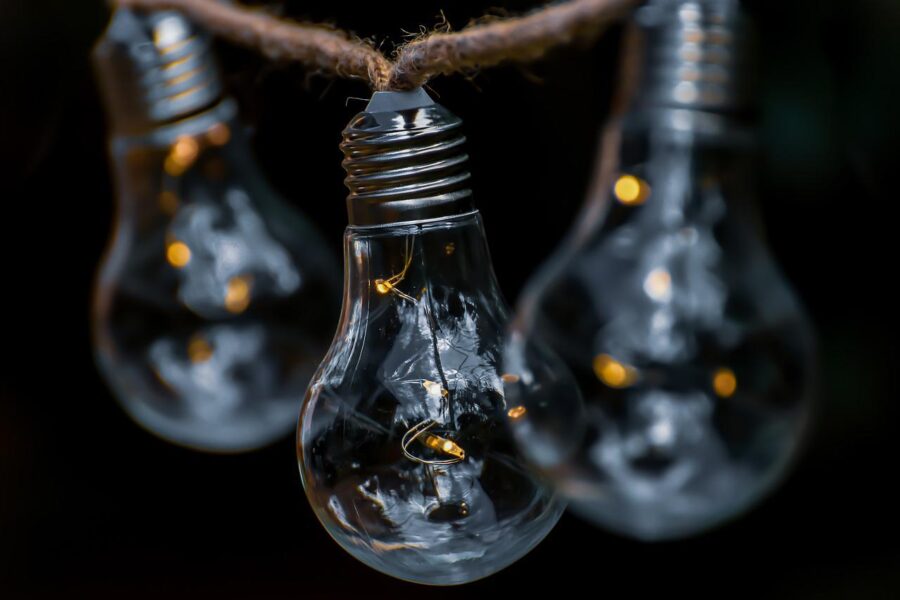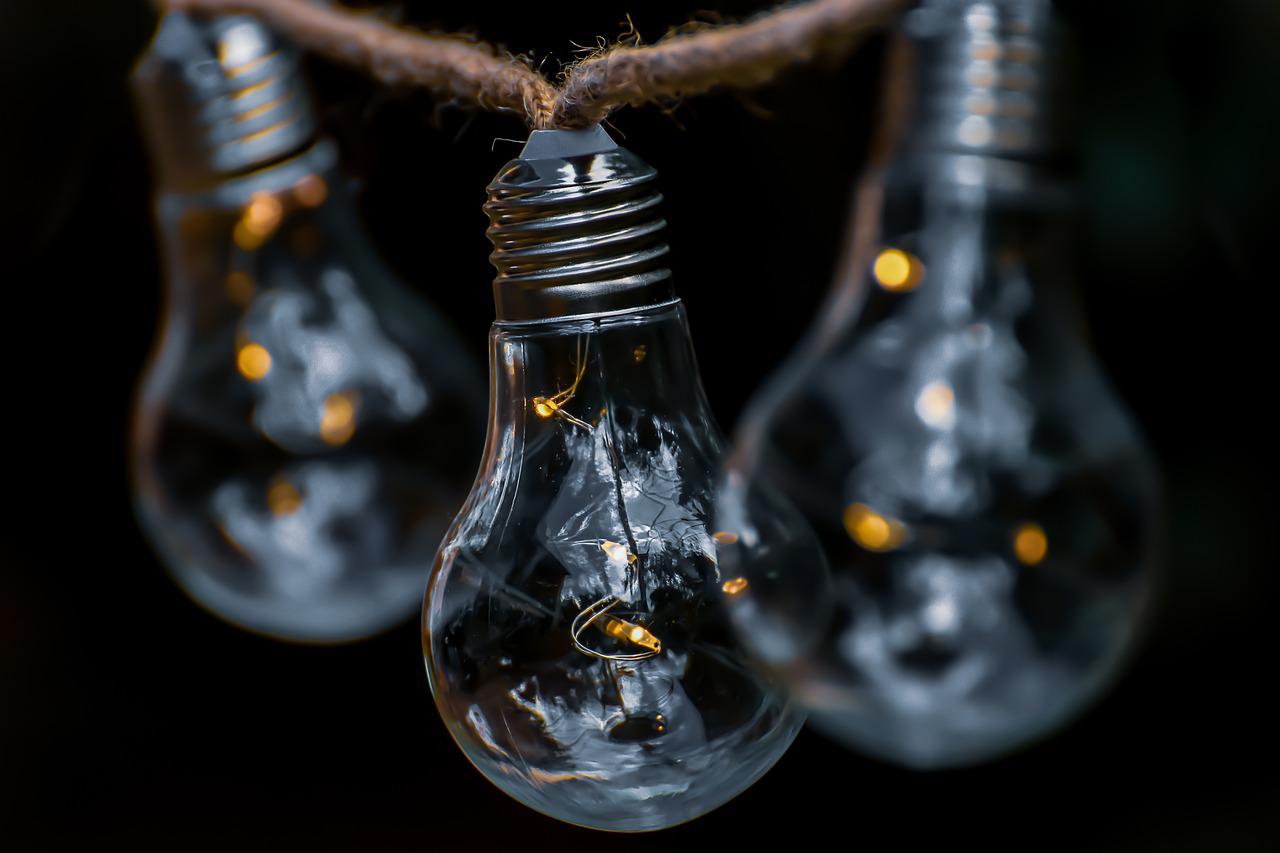
South Africa Braces for Full Week of Loadshedding (Power Cuts)
South Africa has been plunged into Stage 4 load shedding this evening with more expected during the week, Eskom said, as it has been unable to gather enough generation capacity to feed national peak demand. Unit 2 of the Kusile Power Station tripped earlier on Monday afternoon, taking 720MW of generating capacity with it. While […]

South Africa has been plunged into Stage 4 load shedding this evening with more expected during the week, Eskom said, as it has been unable to gather enough generation capacity to feed national peak demand.
Unit 2 of the Kusile Power Station tripped earlier on Monday afternoon, taking 720MW of generating capacity with it. While this unit has since returned to service, it will slowly load up to full capacity during the night. This added loss of capacity “regretfully” requires Eskom to increase loadshedding to Stage 4 from 17:00 until 22:00 tonight, the power utility said in a statement.
This morning a generating unit at Hendrina, Tutuka and Kriel power stations were returned to service while a unit each at Arnot Power Station was taken offline for repairs.
“We currently have 1 904MW on planned maintenance, while another 17 255MW of capacity is unavailable due to breakdowns,” said Eskom.
Eskom Chief Operating Officer, Jan Oberholzer, earlier said Eskom suffered at least eight major breakdowns at its power stations – exacerbating strain on the already fragile and constrained power system.
Only one of those units has, so far, been returned to service.
“If we look at the week ahead, we are short of the generating capacity we need to supply the country’s demand…
“For [Tuesday] we are foreseeing stage three then Stage 2 on Wednesday, Thursday and Friday,” he said.
Oberholzer said during this time, the power utility’s emergency reserves will be coming under pressure because of increased dependence.
“We are currently burning two million litres of diesel per day and it is significant. For the month to date, we have burnt 40 million litres already. So we have to look at our emergencies that we don’t run out of diesel. The water [plants] look fine but we may be forced to use more water. We have to make sure that we don’t deplete our emergencies.
“Depending on how much we need to use our emergencies, we may be forced to implement load shedding throughout the day. We will try our best to avoid that but unfortunately that risk that does exist,” he said.
Since the beginning of May, the power utility has turned to implementing load shedding between 5pm and 10pm in an attempt to claw back some lost generation capacity and secure the national power grid.
Eskom Chief Executive, Andre de Ruyter, explained that this particular time is when demand begins to climb – especially in winter.
“Our demand pattern has moved to a typical winter pattern so the peaks during evening peak are much more pronounced. During the day time, the system is capable of handling demand as well as during the morning. So it’s really only a constraint that we have during the peak. What that means is that we can cope with the demand during the day…this also then puts us in a position where there’s less of an impact on business life,” he said.
“We do understand that after 5pm, the impact on the domestic consumer is particularly pronounced and that is highly regrettable and we have clearly got a challenge with resolving that,” he said.
De Ruyter acknowledged that the power utility’s performance has been “disappointing” and unacceptable.
“The performance has been quite disappointing and we are going to be implementing action to improve our performance. We are really going to try extraordinary measures to improve the performance of our generation system.
“The current performance is clearly not acceptable and we cannot continue to impose load shedding certainly not at the levels that we are at the moment. The management team and I are ceased with this matter we are working at all hours of the day and night in order to overcome this,” he said. – SAnews.gov.za
